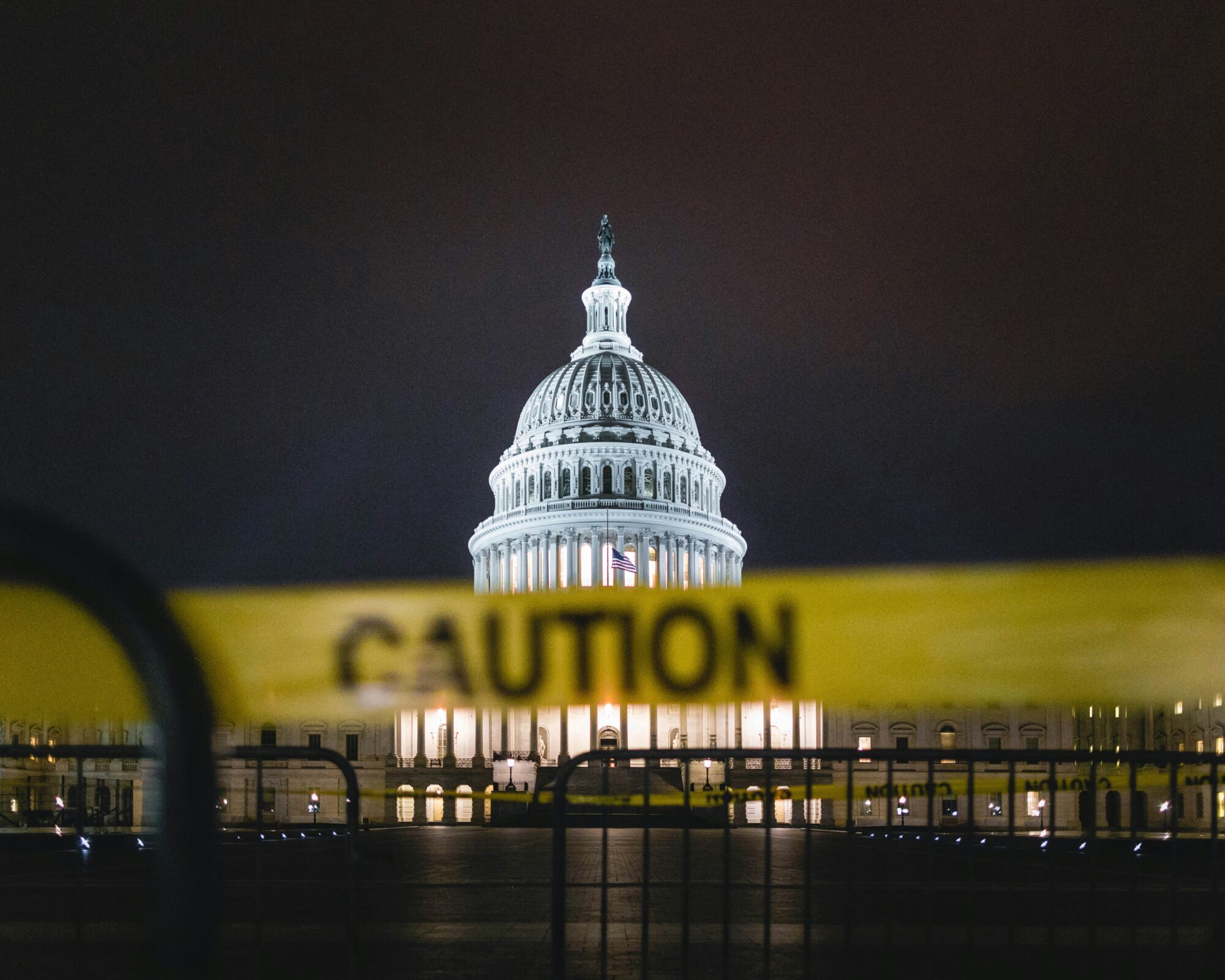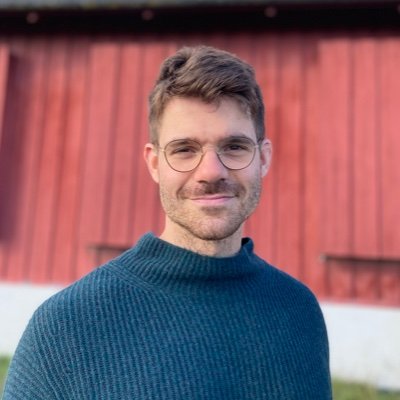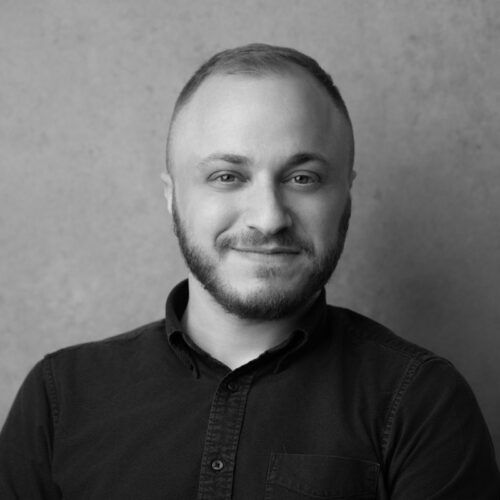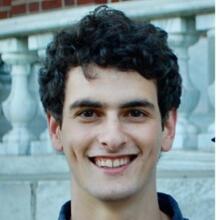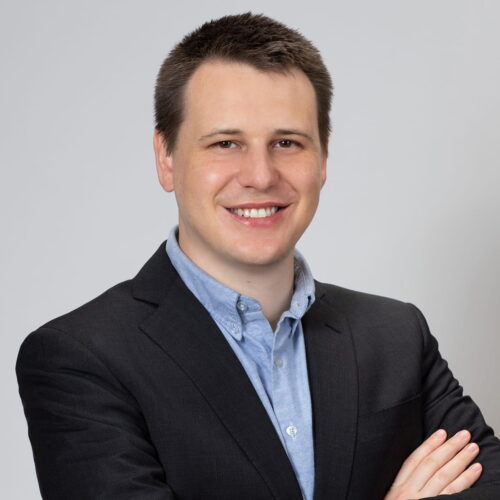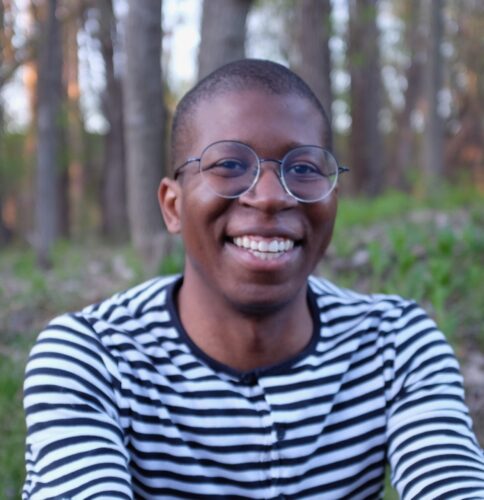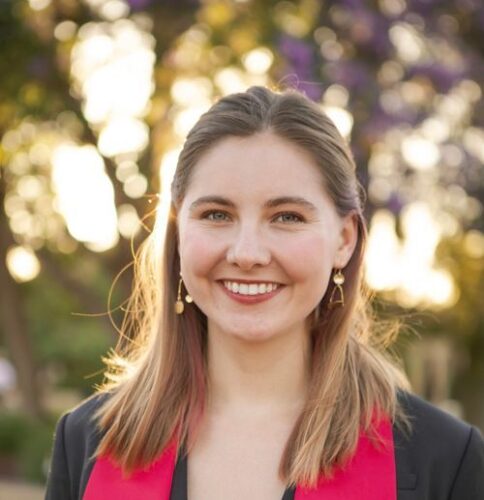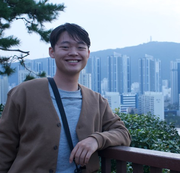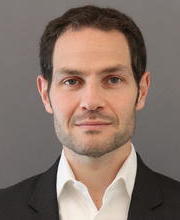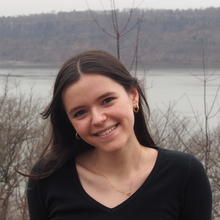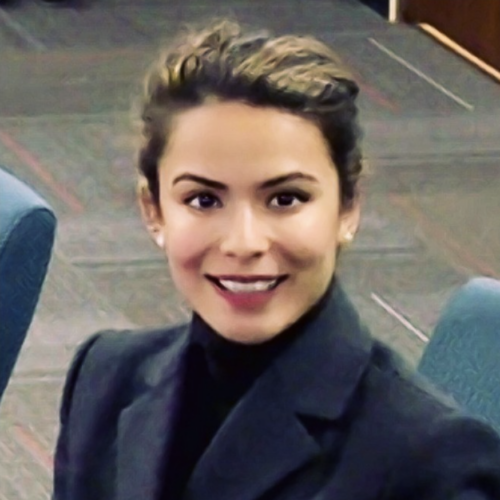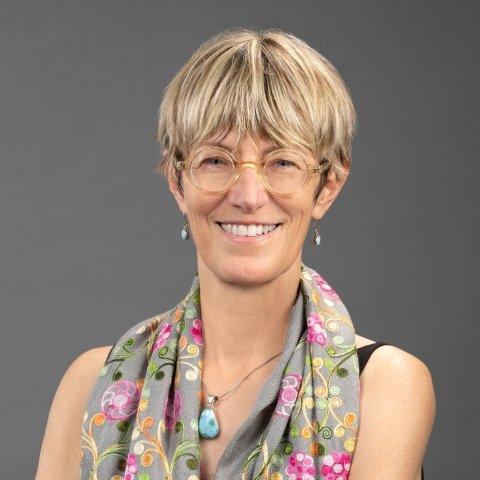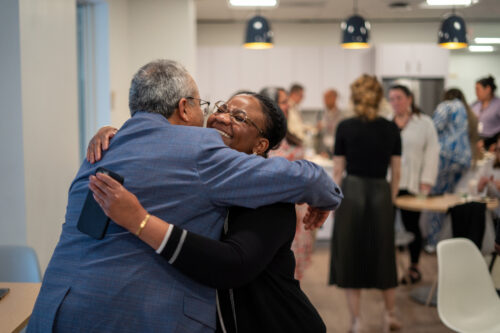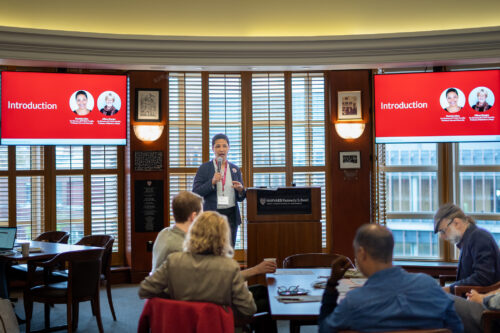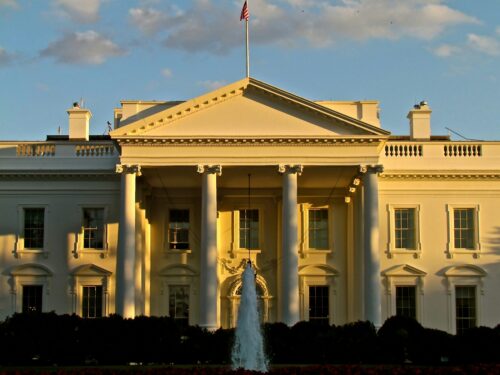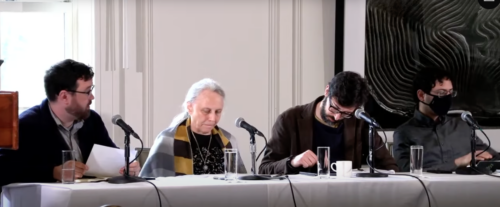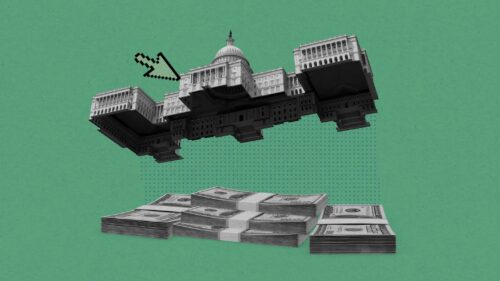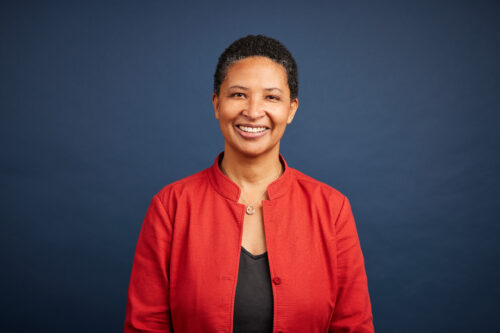
Danielle Allen
Professor of Public Policy, HKS;
James Bryant Conant University Professor, FAS
Renovating our democratic institutions for the 21st century.
The Allen Lab for Democracy Renovation addresses the threats to American and global democracies with research and field-building to support power-sharing liberalism. Just societies require robust political equality, fully inclusive institutions, and broader avenues for participation and connectedness, all of which rest on the material and social bases for human flourishing. Our multidisciplinary community of scholars, practitioners, and partner organizations work together to shepherd concepts and reforms into practice—to translate research into impact. From community-led initiatives to national-level policies and structural reforms, the Allen Lab works to renovate American democracy.
Professor of Public Policy, HKS;
James Bryant Conant University Professor, FAS
Doctoral Student, Harvard Chan School of Public Health
Researcher, Harvard College
Executive Assistant to Danielle Allen
Researcher, Harvard College
Non-Resident Senior Fellow, Allen Lab for Democracy Renovation
July 2024-June 2025
Research Coordinator, Allen Lab for Democracy Renovation
Senior Lab Director, Allen Lab for Democracy Renovation
Doctoral Student, Harvard Government Department
Senior Fellow, Allen Lab for Democracy Renovation
Principal Investigator;
Post-Doctoral Fellow, Columbia University
Researcher;
Doctoral Student, Harvard Government Department
Researcher, Harvard College
Visiting Fellow, Allen Lab for Democracy Renovation
Senior Fellow, Allen Lab for Democracy Renovation
Researcher, Harvard College
Researcher;
Master in Urban Planning Candidate, Harvard Graduate School of Design
Lab Program Manager, Allen Lab for Democracy Renovation;
Doctoral student, Harvard Gov Department
Senior Fellow, Allen Lab for Democracy Renovation;
Co-Director and Co-Investigator, GETTING-Plurality Research Network
Communications, Harvard College
The lab currently supports four research workstreams, all with accompanying impact projects.
Work is carried out through weekly lab and workstream meetings, reading groups, stakeholder convenings, foundational paper development and publication, development of policy guidance, editorial meetings, and dissemination and engagement convenings and activities. Activities are supported with robust project management. The overarching outcome will be a new paradigm for policy-making, and exemplary policies, supportive of democracy in 21st century conditions of digitality, complexity, scale, mobility, heterogeneity, and climate change.
GETTING-Plurality is a multi-disciplinary research network linking philosophers, social scientists, computer scientists, legal scholars, and technologists. The team is building a unique collaborative that unites tech ethics initiatives at Harvard University with external impact partners across higher education and the tech industry, bringing philosophers and ethicists to the table for every project.
We’re at a pivotal moment. In order to promote universal well-being, we need to promote the responsible governance of innovation and responsibly innovate the way we govern.
The GETTING-Plurality teams seeks to advance the understanding of how to shape, guide, govern, and deploy technological development in support of democracy, collective intelligence, and other public goods. The focus is on how to do so, given the plural nature of human and artificial intelligence. The team pursues foundational analysis and theory, field-building, and policy development in key focus areas to foresee and mitigate potential harms to democracy and to strengthen the public benefit and democracy-supportive effects flowing from technology innovation.
The PEPL Team seeks to develop exemplary policies intended to anchor the paradigm of power-sharing liberalism. On this paradigm, inclusive and dynamic—or “empowering” —economies serve to support healthy democracy. Empowering economies depend on the integration of all members of society into production, and the benefits that flow from it. The economy should work for people, not the other way around. The focus is on supply-side progressivism with investment in foundations of flourishing (from housing to education) and pursuit of abundance in those critical goods through technological and organizational innovation (i.e. solutions to the collective action problems that cause scarcities). Exemplary policies have been developed in the domains of housing, transportation, education, good jobs, justice and safety, health, and climate.
Teams are currently working on innovating exemplary policy in the domains of education and public health and safety. The education team is working on infrastructure to support innovation in credentialing via next-generation badging of competency-based mastery. The public health and safety team is working on pathways to success for racial health equity in alternative emergency response programs.
The PEPL team also seeks to convene the many networks of scholars around the world working to develop a new paradigm in political economy that can respond effectively to the pressing political economy problems of our time—including stalled mobility and dysfunctional immigration policies; the climate crisis; social alienation, disempowerment, and violence.
Collaborating impact organizations include the Justice, Health, and Democracy Impact Initiative; the Democratic Knowledge Project; and Abundance California.
The work of the AF Team starts from recognition of the value for social resilience and human flourishing of federalist, federated, and even decentralized structures of governance, especially as a response to the scale and complexity of human social organization in the 21st century. The team focuses on the specific case of U.S. federalism and the jurisdictional and organizational innovations that can improve state capacity and secure responsive governance in contemporary conditions. AF Teams are currently working on governance innovations to support accelerated siting of renewable energy projects, fiscal federalism, and a strategy of harmonized federalism in support of increased investment in civic education.
Collaborating impact organizations currently include Educating for American Democracy.
The RAD Team contributed to the American Academy of Arts and Sciences’ Our Common Purpose Commission and Report and to the development of a holistic, 360° degree standard for understanding the elements of healthy democracy. The Team continues to contribute to the ongoing Our Common Purpose research and strategy work, as well as exploring further challenges to full participation in U.S. democracy. Current projects are focused on civic education in higher education, digital civic infrastructure, America’s 250th anniversary, and immigrant integration and participation.
Collaborating impact organizations currently include the American Academy of Arts and Sciences, Partners In Democracy and The Council on Civic Strength.
In-Person Event
Ash Center Foyer, Suite 200, 124 Mount Auburn Street
4:00 pm – 6:00 pm EDT
Video
“Regulating Web3: Global Trends and Challenges” webinar session featured the following speakers and topics:
Additional Resource
On November 7, 2023, the Summit on AI and Democracy gathered experts across multiple institutions to discuss ongoing research, policy, and development efforts related to the recent advancements in artificial intelligence.
Additional Resource
“Reimagining Democracy for AI” by Aviv Ovadya was featured in the October 2023 Journal of Democracy.
Abstract: AI advances are shattering assumptions that both our democracies and our international order rely on. Reinventing our “democratic infrastructure” is thus critically necessary—and the author argues that it is also possible. Four interconnected and accelerating democratic paradigm shifts illustrate the potential: representative deliberations, AI augmentation, democracy-as-a-service, and platform democracy. Such innovations provide a viable path toward not just reimagining traditional democracies but enabling the transnational and even global democratic processes critical for addressing the broader challenges posed by destabilizing AI advances—including those relating to AI alignment and global agreements. We can and must rapidly invest in such democratic innovation if we are to ensure that our democratic capacity increases with our power.
Video
“The Dark Side of AI: Crime and Adversarial Use Cases” webinar session featured the following speakers and topics:
Video
The “Introduction to AI and Public Policy” webinar session featured the following speakers and topics:
Article
This working paper aims to articulate an interdisciplinary research and practice area focused around bridging systems.
Policy Brief
The GETTING-Plurality Research Network submitted a series of memos which respond to various questions posed around the topics of bolstering democracy and civic participation; protecting rights, safety, and national security; and promoting economic growth and good jobs.
Video
GETTING-Plurality Workstream Lead Aviv Ovadya recently discussed his work on bridging systems as part of “Optimizing for What? Algorithmic Amplification and Society.” This two-day symposium at Columbia University’s Knight First Amendment Institute explored algorithmic amplification and distortion as well as potential interventions.
Commentary
ChatGPT and other AIs could supercharge the influence of lobbyists—but only if we let them.
Commentary
When is it time to start worrying about artificial intelligence interfering in our democracy? Maybe when an AI writes a letter to The New York Times opposing the regulation of its own technology.
Digital humanism highlights the complex relationships between people, society, nature, and machines. It has been embraced by a growing community of individuals and groups who are setting directions that may change current paradigms. Here we focus on the initiatives generated by the Vienna Manifesto.
Commentary
“… for all the consternation over the potential for humans to be replaced by machines in formats like poetry and sitcom scripts, a far greater threat looms: artificial intelligence replacing humans in the democratic processes — not through voting, but through lobbying.”
This Article reviews the anti-money laundering and counter-financing of terrorism (AML/CFT) framework and its application to cryptocurrencies. Then, it presents case studies demonstrating the important contributions that the AML/CFT toolkit has made to countries’ security.
The authors propose an alternate approach to mainstream AI practice that broadens the focus beyond algorithms viewed in isolation to processes of human-algorithm collaboration.
Podcast
Attempting to balance the challenging trade-offs between individual rights and our obligations to one another.
